The Curious Case Of The Benefits Of Couscous
Including this starchy ingredient in your diet can prevent tons of severe health issues.
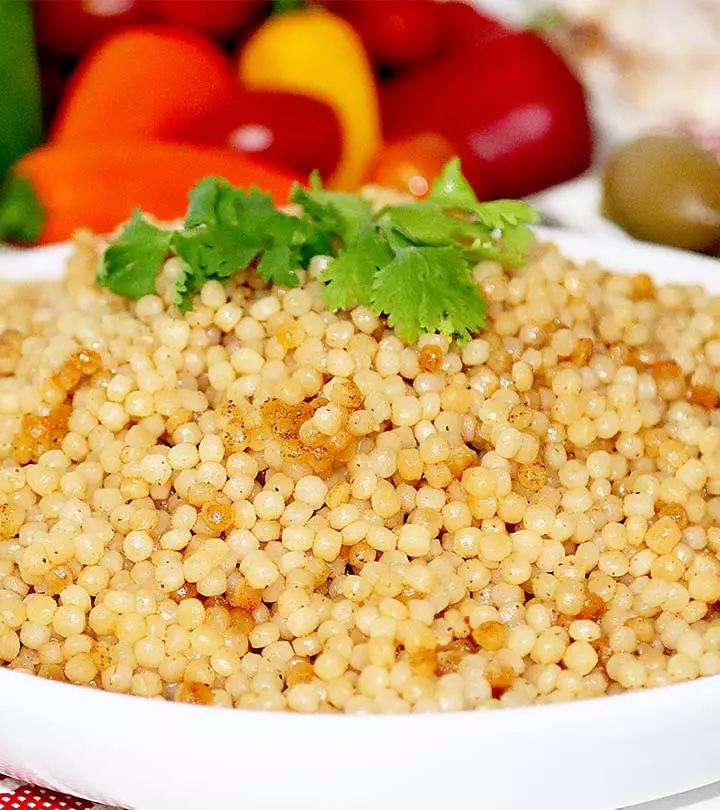
Image: Shutterstock
Couscous is a tasty addition to your diet. It is made with semolina or durum wheat flour, and there are numerous benefits of couscous. Foods made with couscous are being popularized for different reasons. It is rich in dietary fiber and other minerals. Read this article to know more about couscous, its nutritional profile, health benefits it offers, ways to include it in the diet, and possible side effects. Scroll down.
In This Article
What Is Couscous?
The grain-like appearance of couscous confuses most people and they mistake it to be a whole grain, but it is not. It is made using semolina flour or durum wheat balls and is a popular delicacy in the northern parts of Africa. Some people even use this as an alternative to pasta. Couscous, which was once native to northern Africa, has now slowly made its way into most parts of the world and is gradually becoming a hot favorite.
 Trivia
TriviaThree types of couscous are available for you to choose from: Moroccan, Israeli, and Lebanese couscous. Let us find out how to distinguish these three varieties.
- Moroccan Couscous
This variety of couscous is the smallest in size. If you had to compare this with another grain for size, you could look at semolina, as both of these are similar in size. The cooking time for Moroccan couscous is very short; it gets cooked in 2-3 minutes.
- Israeli Couscous
This variety of couscous is also known as pearl couscous because of its round pearl-like appearance. This is larger in size than the Moroccan counterpart. The cooking time for the Israeli couscous is similar to that of pasta; it takes about 10-12 minutes to be fully cooked.
- Lebanese Couscous
It is also known as Moghrabieh couscous. Of the three varieties of couscous, this is the largest and takes the longest to cook. It requires almost 15-20 minutes of cooking time.
Now that you know what couscous is and the different varieties available in the market, you can pick up your preferred variant and begin your culinary experience with this humble food.
In the upcoming sections, let us understand the nutritional values and the potential health benefits of couscous. Let’s also see how couscous is healthy for you.
Key Takeaways
- Couscous, made from semolina, is high in essential nutrients such as carbohydrates, phosphorus, and selenium.
- It may lower cholesterol levels, aid in weight loss, and improve bowel movements.
- Individuals allergic to gluten or on a gluten-free diet should stay away from couscous.
Nutritional Values Of Couscous
Couscous contains large amounts of carbohydrates, dietary fiber, and also contains gluten as it is made from semolina and durum wheat. In addition, it also contains minerals like magnesium, phosphorus, and potassium (1).
You may want to avoid couscous if you are on a gluten-free diet.
Nutritional Values Per 100g
| Name | Value | Unit |
|---|---|---|
| Water | 72.6 | g |
| Energy | 112 | kcal |
| Protein | 3.79 | g |
| Total Fat | 0.16 | g |
| Ash | 0.26 | g |
| Carbohydrates | 23.2 | g |
| Dietary Fiber | 1.4 | g |
| Total Sugar | 0.1 | g |
| Calcium | 8 | mg |
| Iron | 0.38 | mg |
| Phosphorous | 22 | mg |
| Sodium | 5 | mg |
| Manganese | 0.084 | mg |
| Selenium | 27.5 | μg |
| Zinc | 0.26 | mg |
Is couscous healthy for you? And if so, what are some of the potential health benefits of couscous? Let’s dive in to know more.
Potential Health Benefits Of Couscous
The potential health benefits that are derived from couscous can be attributed to its mineral-rich nutritional profile. It is a rich source of selenium, and manganese that are essential for your body.
- May Help Prevent Heart Diseases
Selenium present in couscous is an antioxidant and an essential trace mineral that has been linked to improving heart health. It helps in lowering LDL cholesterol levels, thereby reducing your chances of heart disease (2).
- May Help In Reducing The Risk Of Cancer
Many studies conducted on animals have suggested the importance of selenium in reducing and preventing cancer. According to the secondary findings of a study, in the case of humans, supplemental selenium may seem to have reduced the incidence of carcinoma (a common type of cancer that begins on the epithelial layer of the skin or on the internal tissues of your organs). However, the study also concluded that this alone was not sufficient to prove the efficacy of selenium and that further studies are required (2),(3).
- May Boost Immunity
Selenium present in couscous is a natural antioxidant that helps in the reduction of free radicals that cause tissue damage. There is some evidence that suggests that free radicals are responsible for chronic health issues such as cardiovascular diseases and health issues (4).
 Did You Know?
Did You Know?- May Aid In Weight Loss
The presence of high levels of fiber in couscous acts as a deterrent in the secretion of ghrelin, a hormone that is responsible for triggering hunger. Studies have shown that ghrelin increases your appetite and is also associated with body weight (5). Eating fiber-rich foods like couscous may help you feel full and may prevent you from overeating and gaining weight.
- May Improve Digestion
Dietary fiber in couscous helps in the movement of your stool by adding bulk to it and stimulating the peristaltic movement of the digestive tract. Eating fiber-rich food is generally recommended when you are constipated as fiber helps in alleviating constipation (6), ( 7).
- May Improve Bone Health
Couscous is rich in phosphorus and calcium, two vital minerals that play a crucial role in maintaining healthy, strong bones and preventing conditions like osteoporosis (1) (8). So, consuming it may benefit your bone health. It may particularly be beneficial for older adults who are more prone to bone-related health issues.
For a more comprehensive understanding, delve into the semolina benefits. This exploration will pique your curiosity and help you uncover the nutritional value of couscous, which is the combination of semolina and durum wheat.
Let us now look at incorporating couscous as a part of your diet.
How To Add Couscous To Your Diet?
Couscous can be used as a substitute for pasta, or you can add it to salads to give it a nice texture. It can also be served as an accompaniment with a meaty gravy of your choice. You can conveniently integrate it into various cuisines like Mediterranean, Middle Eastern, and Asian, or add it to simple recipes like salads and stuffed vegetables. They serve as a great base for meal bowls, roasted vegetables, grilled meats, and stews. Alternatively, you can combine it with other grains such as quinoa, and brown rice along with a side of vegetables of your choice. Moreover, understanding the benefits of quinoa and brown rice will empower you to make a wonderful addition to your meals alongside couscous.
Adding couscous to your diet is fairly simple, all you have to do is buy some couscous from your local grocery store or organic store and add it to some of your favorite dishes. However, knowing how to store it perfectly makes a difference. Check out the section below to know more.
How To Store Couscous
To store couscous effectively, keep it in an airtight container in a cool, dry place away from direct sunlight. Ensure the container is moisture-free to prevent clumping. For extended shelf life, consider storing couscous in the refrigerator or freezer. When refrigerating, use a sealed bag to protect against moisture. Keep frozen couscous in airtight containers to minimize exposure to air and prevent freezer burn. Proper storage preserves couscous quality, maintaining its texture and flavor for an extended period, making it a versatile pantry staple with a prolonged shelf life.
In the next section let us look at a few quick and easy recipes that you can try for yourself and a few tips on cooking couscous.
Preparation Tips And Popular Recipes
Cooking couscous is fairly simple as store-bought couscous is half-cooked. Follow these simple tips to ensure you cook couscous to perfection.
- Choose Whole-Grain Couscous
Make sure you purchase Lebanese couscous as this is generally available in whole grain form. Its Israeli and Moroccan counterparts are not whole grain.
- Ensuring Proper Water-To-Couscous Ratio
The ideal ratio here is 1 cup of water to ⅔ cup of couscous.
- Adding Couscous Too Early
Avoid adding couscous too early to the water as it may become soggy and lumpy. The ideal time to add couscous is when the water is reaching near boiling point or is simmering. Make sure you turn off the heat once you add the couscous to avoid overcooking.
- Not Letting It Sit Long Enough
Once you’ve added the couscous and turned off the heat, make sure you let it stay long enough for it to cook; 4-5 minutes should be ideal. Ensure the lid of the pot remains closed so that the steam is absorbed and helps in cooking it. Removing it too early will make your couscous too chewy and crunchy.
- Forgetting To Fluff
Don’t forget to fluff your couscous as it can be dense. You can use a fork to scrape and break the clumps.
Follow these simple tips and you should be able to perfectly cook couscous in no time. Now let’s look at a few easy-to-make couscous recipes.
Quick And Easy Lemon And Herb Couscous
Here’s an easy-to-make couscous snack that takes less than 30 minutes.
Ingredients Required
- 1 cup couscous of your choice
- 1 ½ cups of vegetable or chicken broth
- 2 tablespoons extra-virgin olive oil
- juice from ½ lemon
- 2 tablespoons of fresh chopped parsley
- salt as per taste
- black pepper powder as per taste
- chili flakes for garnishing
Preparation
- Rinse the couscous with cold water until the water is clear.
- Bring water to a boil in a medium-sized pot or saucepan.
- Add the couscous and cover the lid and remove the vessel from the heat.
- Let it sit for 8-10 minutes.
- Remove the lid and use a fork to fluff it.
- Add olive oil, parsley, lemon juice, salt, and pepper, and toss well. Add chili flakes for garnish.
- Serve it in a bowl or plate and enjoy!
This next recipe requires only 3 ingredients and can be served as a base for stews or can be eaten as is.
3-Ingredient Couscous
Ingredients
- 1 ¾ cups of water or chicken broth or vegetable broth
- ¼ teaspoon of salt ( you can reduce salt if you are using a salted broth)
- 1 ½ cups of couscous
Preparation
- In a saucepan add water or broth and bring to a boil.
- Add salt and stir well. Now add couscous and cover the pan with a lid. Turn off the heat and remove the pan from the stove and set it aside.
- Allow the couscous to sit for 5-6 minutes.
- Once the couscous has absorbed water, fluff it with a fork. It should have a light and fluffy texture.
- Serve it in a bowl and have it as is, or use it as the base to make a stew.
 Fun Fact
Fun FactWeren’t they quick and easy recipes to make? Do try this out and show off your cooking skills with your friends and family.
Now let us find out if there are any downsides to eating couscous or any allergy concerns.
Possible Side Effects And Allergies
While couscous is rich in minerals and fiber, there may be a downside to eating it. Here are a few things you must know.
- High In Gluten
Couscous contains a high amount of gluten. If you have a gluten allergy or are on a gluten-free diet, you should avoid eating couscous.
- Has Low Essential Nutrients
Fiber, proteins, and carbohydrates are the main nutritional components of couscous. Apart from these three nutrients, there aren’t any other nutrients that are available in large amounts in couscous. While these are great, they do not essentially qualify couscous to be a nutrient-dense choice.
The benefits of couscous can be attributed to its nutrients. When included as a part of your regular diet, it can reduce the risk of heart disease, boost immunity, aid weight loss, and reduce cancer risk. Also, couscous improves digestion and relieves constipation. It can be an excellent addition to your salads or work as a perfect pasta substitute. However, excess consumption of couscous may trigger undesirable side effects. As it is high in gluten, it may trigger a gluten allergy. Hence, caution is advised. Try any of the recipes mentioned above to easily include it in your diet.
Frequently Asked Questions
Is couscous suitable for a vegetarian diet?
Yes, couscous is suitable for a vegetarian diet, as it is made from semolina or durum wheat flour, a plant-based product. It is also ideal for vegans.
Is couscous a superfood?
Yes, couscous is considered a superfood due to its high nutritional value. It is low-calorie food rich in phosphorus, iron, and calcium (1).
Is couscous keto?
No, ideally couscous is not recommended for people on a keto diet due to its high carbohydrate and low fat content (1).
Is couscous good for your liver?
There is currently no evidence that suggests that couscous may be beneficial for your liver.
Is couscous good for the skin?
Yes, couscous is rich in selenium which may protect the skin from UV-induced oxidative stress (1), (9).
Is couscous good for high blood pressure?
Yes, couscous contains magnesium which may reduce the risk of developing hypertension (10).
Couscous is a grain product that is best to eat when processed minimally. In the following video, a comparison between brown rice and couscous is made. Check out this video to learn whether it is healthier than brown rice or not.
References
Articles on StyleCraze are backed by verified information from peer-reviewed and academic research papers, reputed organizations, research institutions, and medical associations to ensure accuracy and relevance. Read our editorial policy to learn more.
- Nutritional Values of Couscous
https://fdc.nal.usda.gov/fdc-app.html#/food-details/169700/nutrients - Selenium: Its Role as Antioxidant in Human Health
https://www.ncbi.nlm.nih.gov/labs/pmc/articles/PMC2698273/ - Effects of Selenium Supplementation for Cancer Prevention in Patients with Carcinoma of the Skin. A randomized Controlled Trial. Nutritional Prevention of Cancer Study Group
https://pubmed.ncbi.nlm.nih.gov/8971064/ - Free Radical Tissue Damage: Protective Role of Antioxidant Nutrients
https://faseb.onlinelibrary.wiley.com/doi/abs/10.1096/fasebj.1.6.3315807 - Ghrelin Enhances Appetite and Increases Food Intake in Humans
https://pubmed.ncbi.nlm.nih.gov/11739476/ - Dietary Fibre and Human Health
https://www.researchgate.net/publication/235978852_Dietary_fibre_and_human_health - Clinical Response to Dietary Fiber Treatment of Chronic Constipation
https://pubmed.ncbi.nlm.nih.gov/8995945/ - Phosphorus nutrition and the treatment of osteoporosis
https://pubmed.ncbi.nlm.nih.gov/14708952/ - Role of Micronutrients in Skin Health and Function
https://www.ncbi.nlm.nih.gov/pmc/articles/PMC4428712/ - Dose-response relationship between dietary magnesium intake
serum magnesium concentration and risk of hypertension: a systematic review and meta-analysis of prospective cohort studies
Read full bio of Tracy Tredoux
Read full bio of Varsha Patnaik
Read full bio of Ravi Teja Tadimalla
Read full bio of Himanshi Mahajan






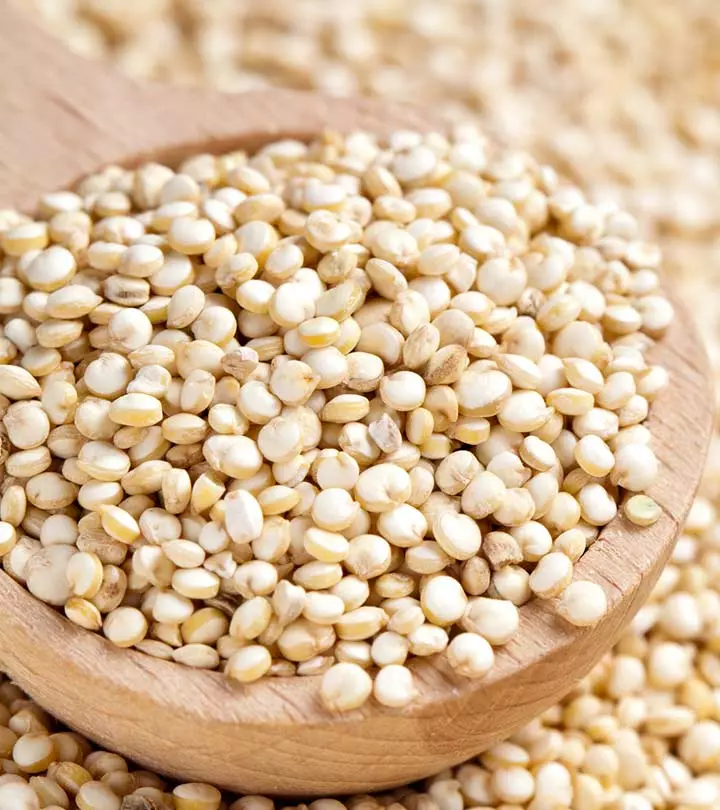
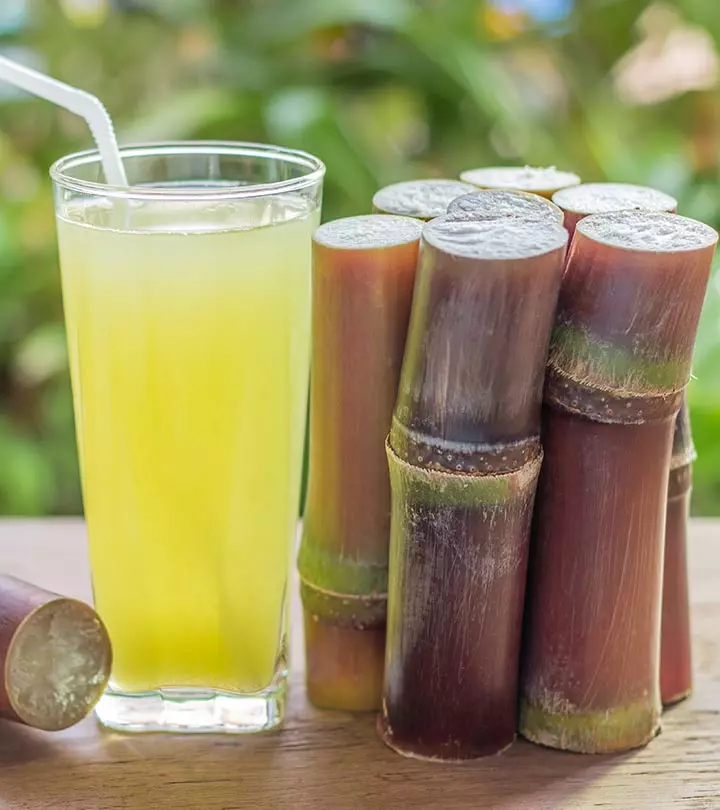
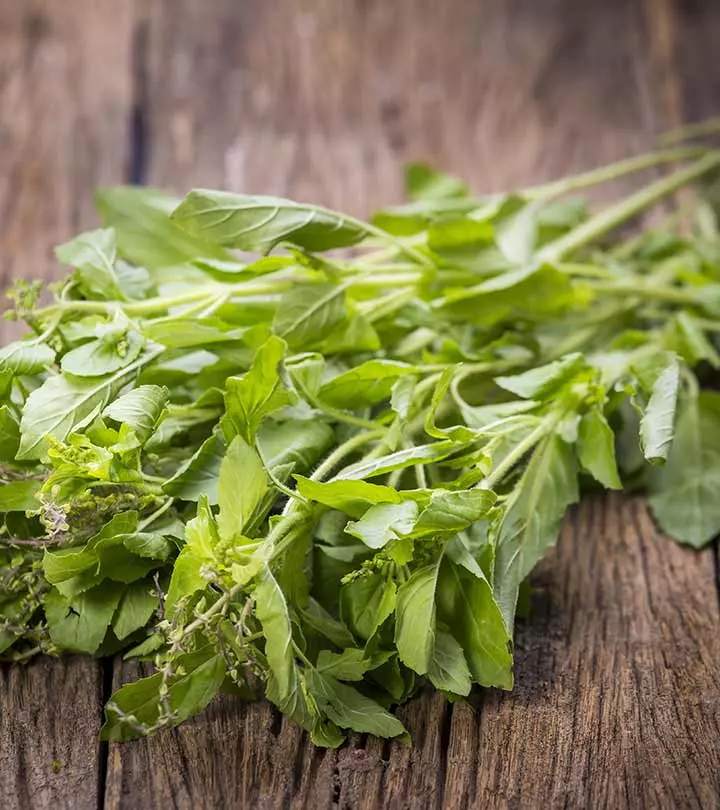
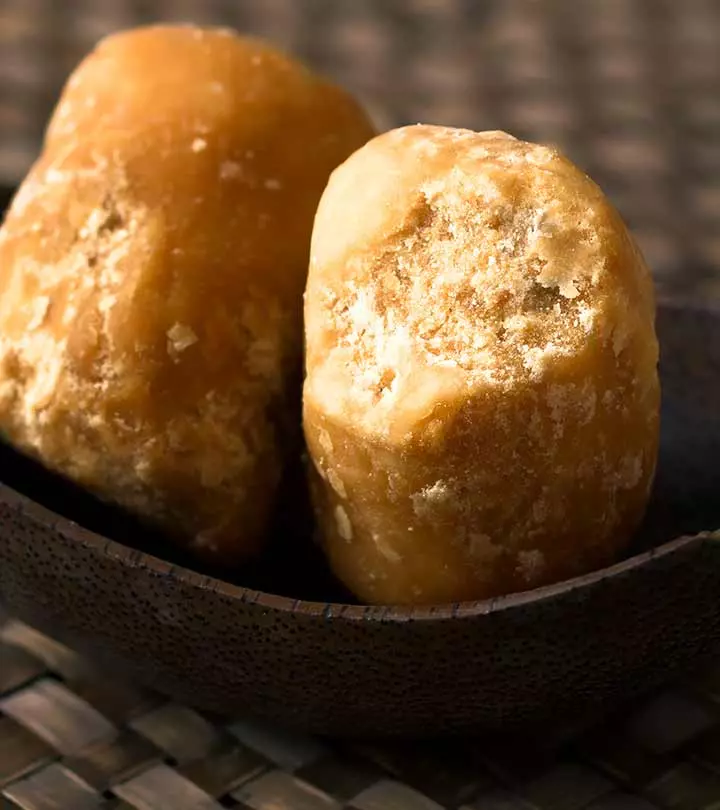
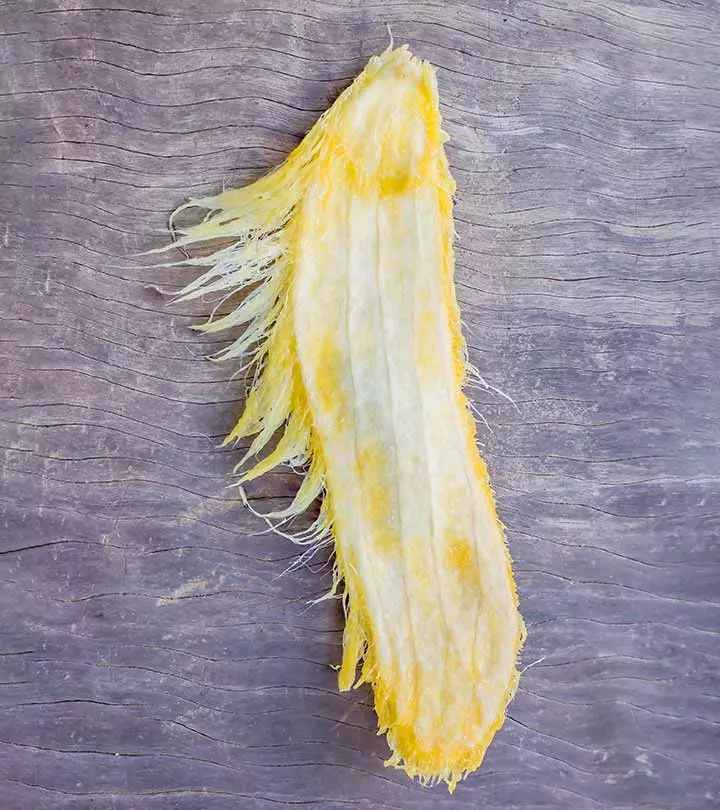
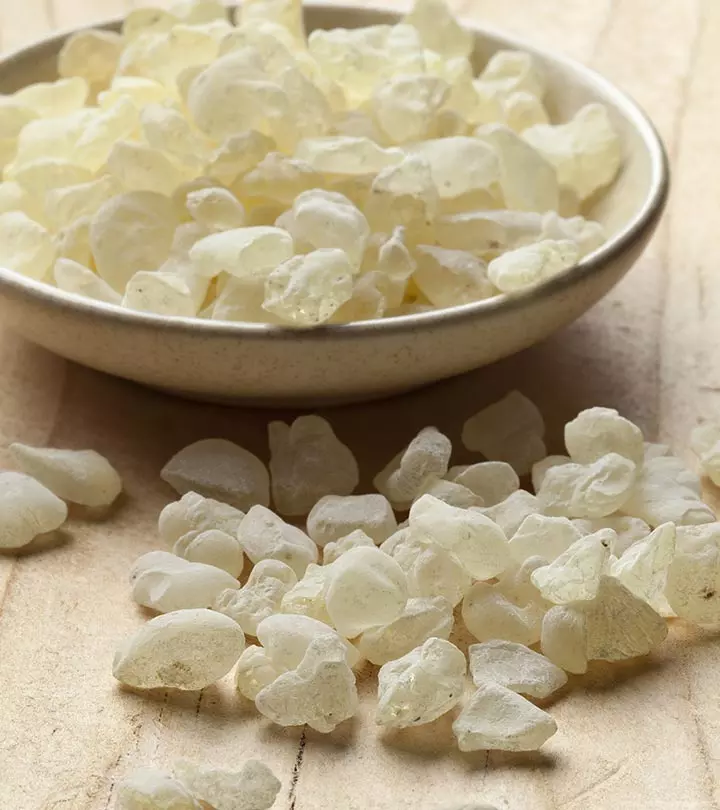
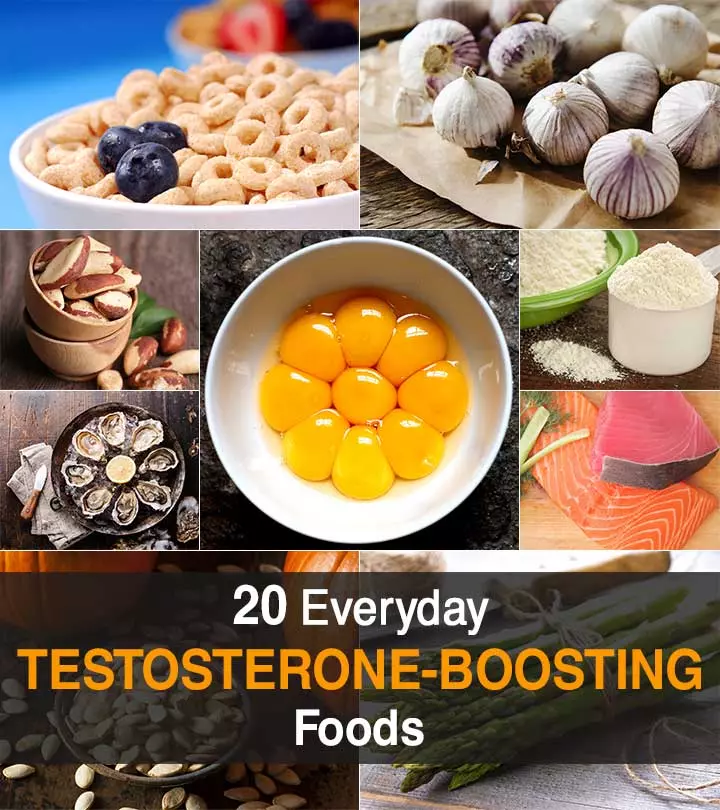
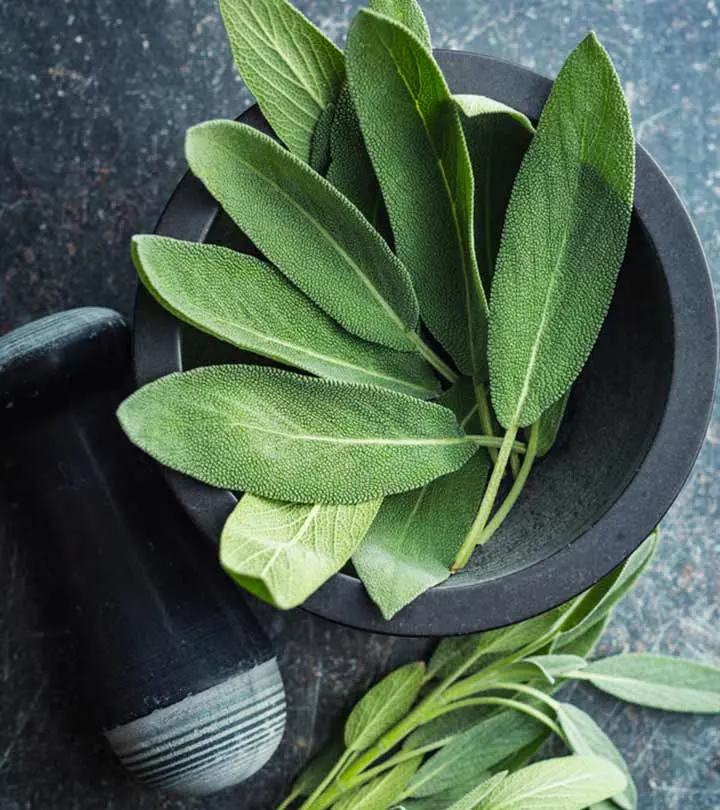
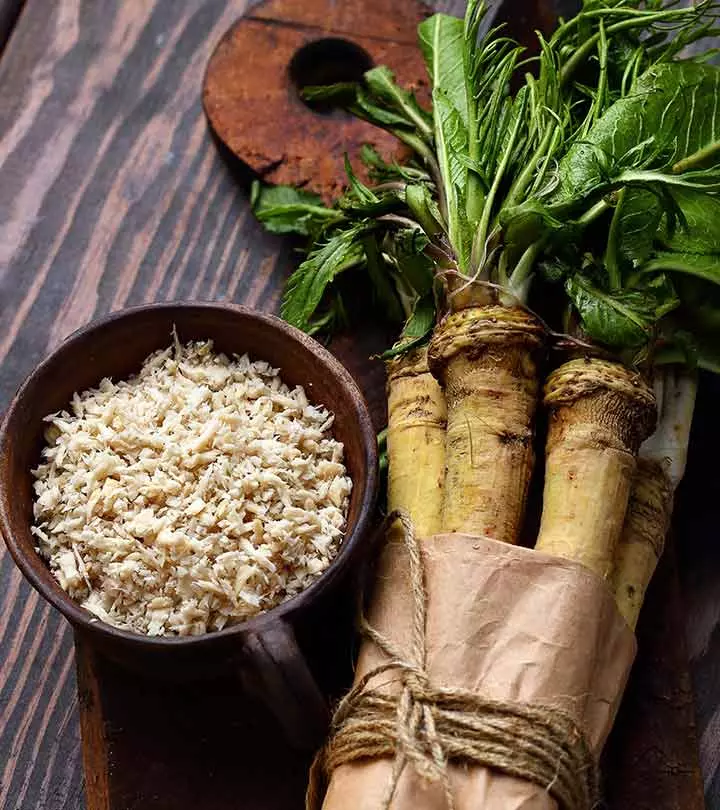
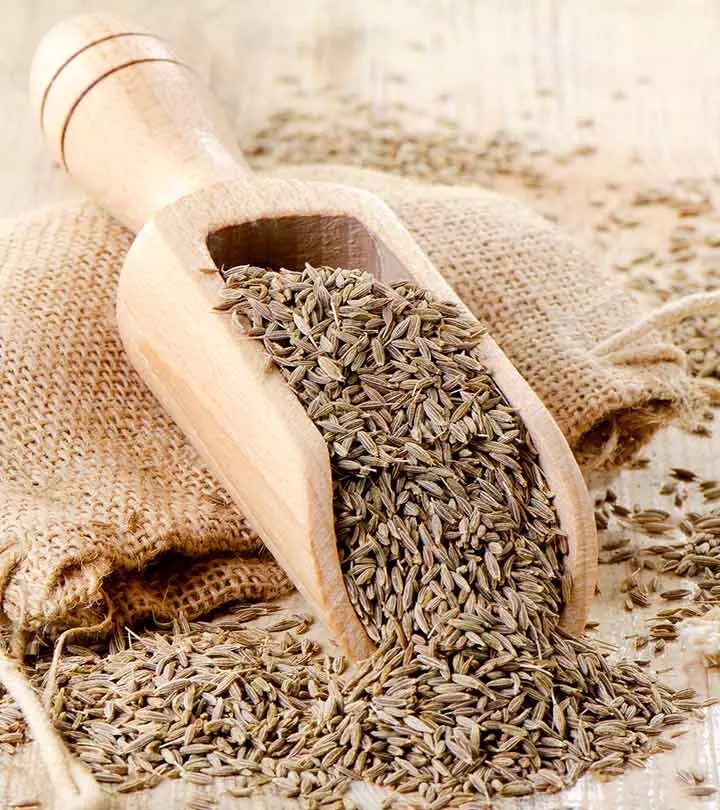
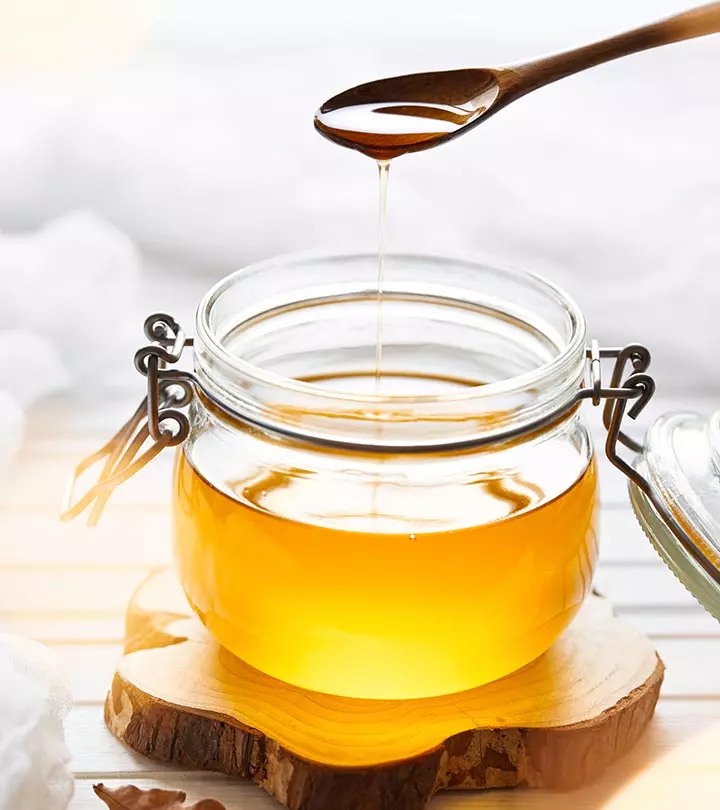
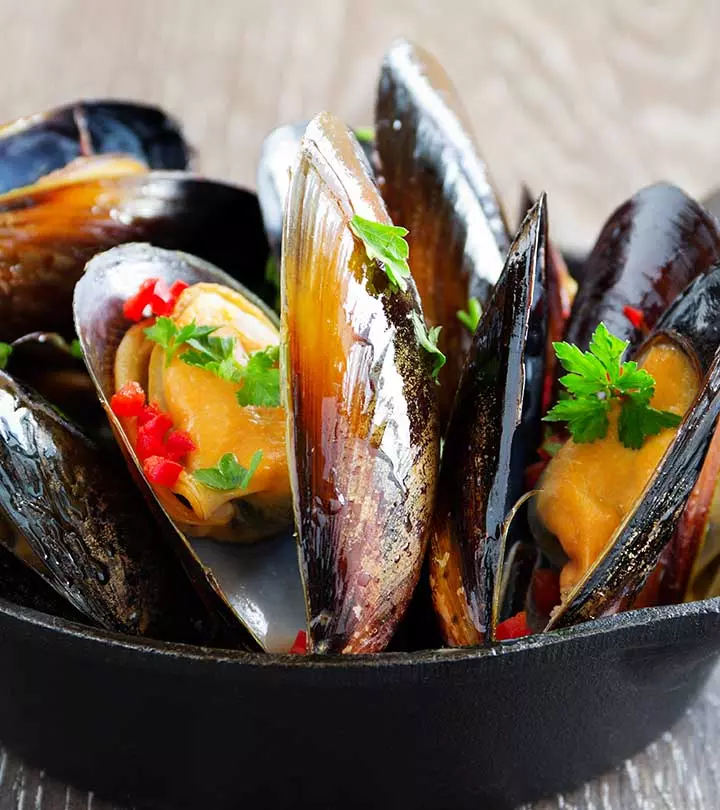
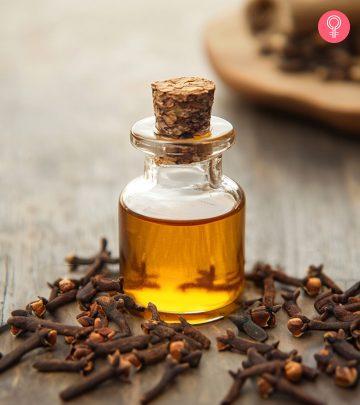
Community Experiences
Join the conversation and become a part of our empowering community! Share your stories, experiences, and insights to connect with other beauty, lifestyle, and health enthusiasts.